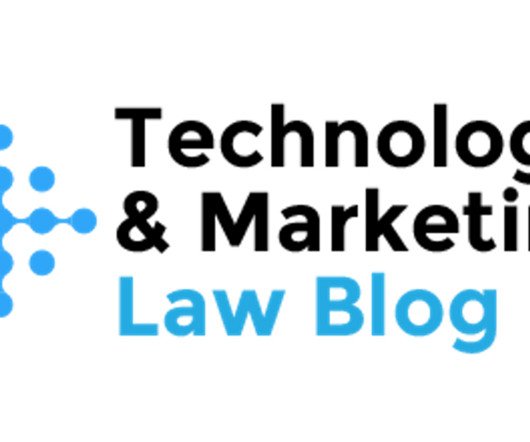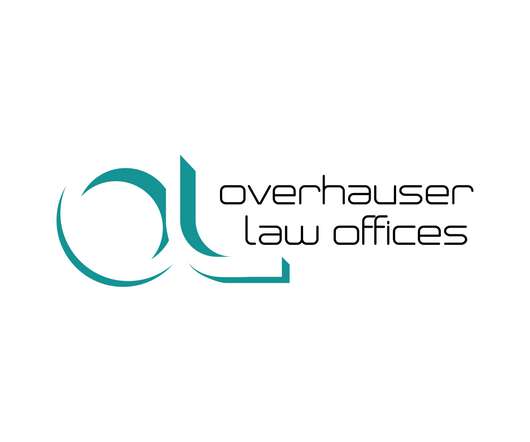TM infringement and false advertising claims related to putative open source software "fork" succeed
43(B)log
SEPTEMBER 16, 2021
Neo4j Enterprise Edition was originally offered under both a paid-for commercial license and the free GNU Affero General Public License, version 3, but Neo4j then replaced that AGPL with a stricter license (the Sweden license), which prohibited the non-paying public from engaging in commercial resale and certain commercial support services.












Let's personalize your content